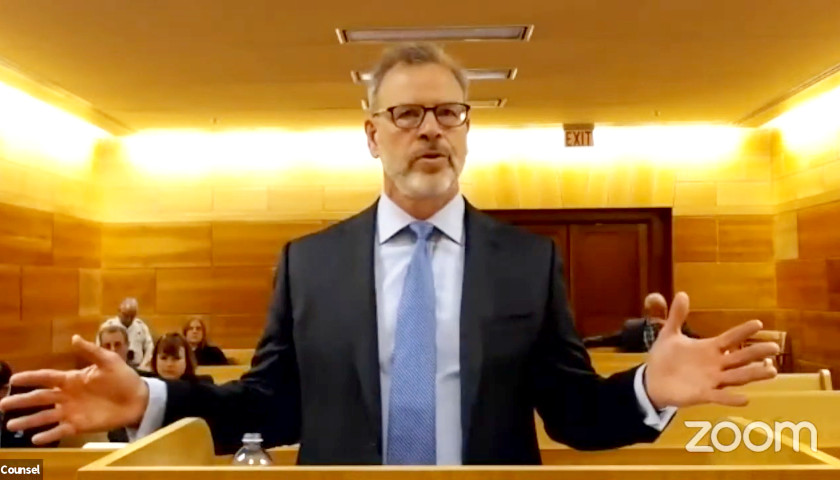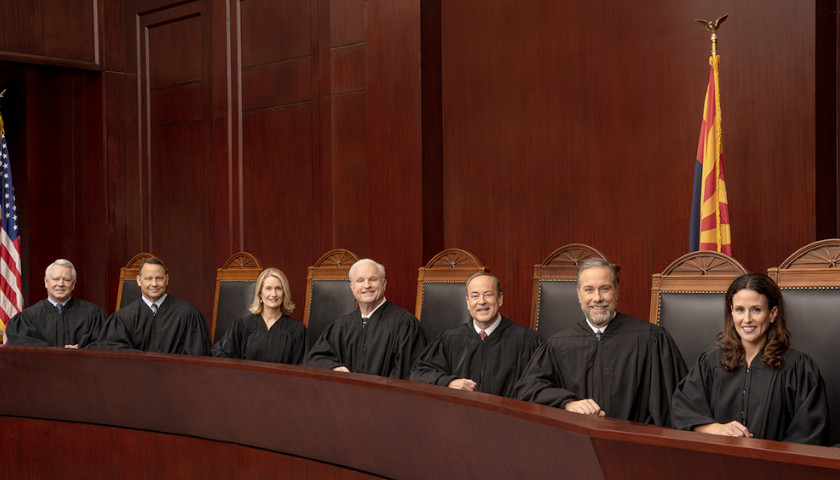U.S. Rep. Barry Loudermilk (R-GA-11) and three other congressmen have introduced legislation that aims to modernize the United States’ digital identity infrastructure and protect Americans from having their personal information stolen.
This, according to an emailed newsletter that Loudermilk sent his constituents Friday.
U.S. Rep. John Katko (R-NY-24), U.S. Rep. Jim Langevin (D-RI-02) and U.S. Rep. Bill Foster (D-IL-11) are also sponsoring the bill, according to Loudermilk’s newsletter.
Loudermilk said in a separate press release that COVID-19 changed how Americans live, work, and provide for their families.
“We have become even more reliant on digital commerce platforms. But with more Americans adapting to a ‘new normal’ in the way we go about purchasing life necessities, this also means more Americans’ personally identifiable information [PII] is at risk of being stolen,” Loudermilk said.
“The Digital Identity Act of 2021 is critical because it will enable Americans to manage their identifying credentials. With over two decades in the IT sector, I know this legislation will help protect hard working Americans, and make it harder for criminals to exploit and steal identities and hard-earned money.”
The press release said the bill has a three-pronged approach:
• It would establish a task force to bring together key federal agencies with state and local government representatives to develop secure methods for government agencies to validate identity attributes to protect the privacy and security of individuals, and support reliable, interoperable digital identity verification tools in the public and private sectors.
• It would direct the National Institute of Standards and Technology (NIST) to create a new framework of standards to guide government agencies when providing digital identity verification services – placing an emphasis on privacy and security.
• The bill would establish a grant program within the Department of Homeland Security to allow states to upgrade the systems they use to issue drivers’ licenses and other types of identity credentials, and to support the development of secure, interoperable state systems that enable digital identity verification in accordance with the framework developed by NIST.
– – –
Chris Butler is an investigative journalist at The Tennessee Star. Follow Chris on Facebook. Email tips to [email protected].








